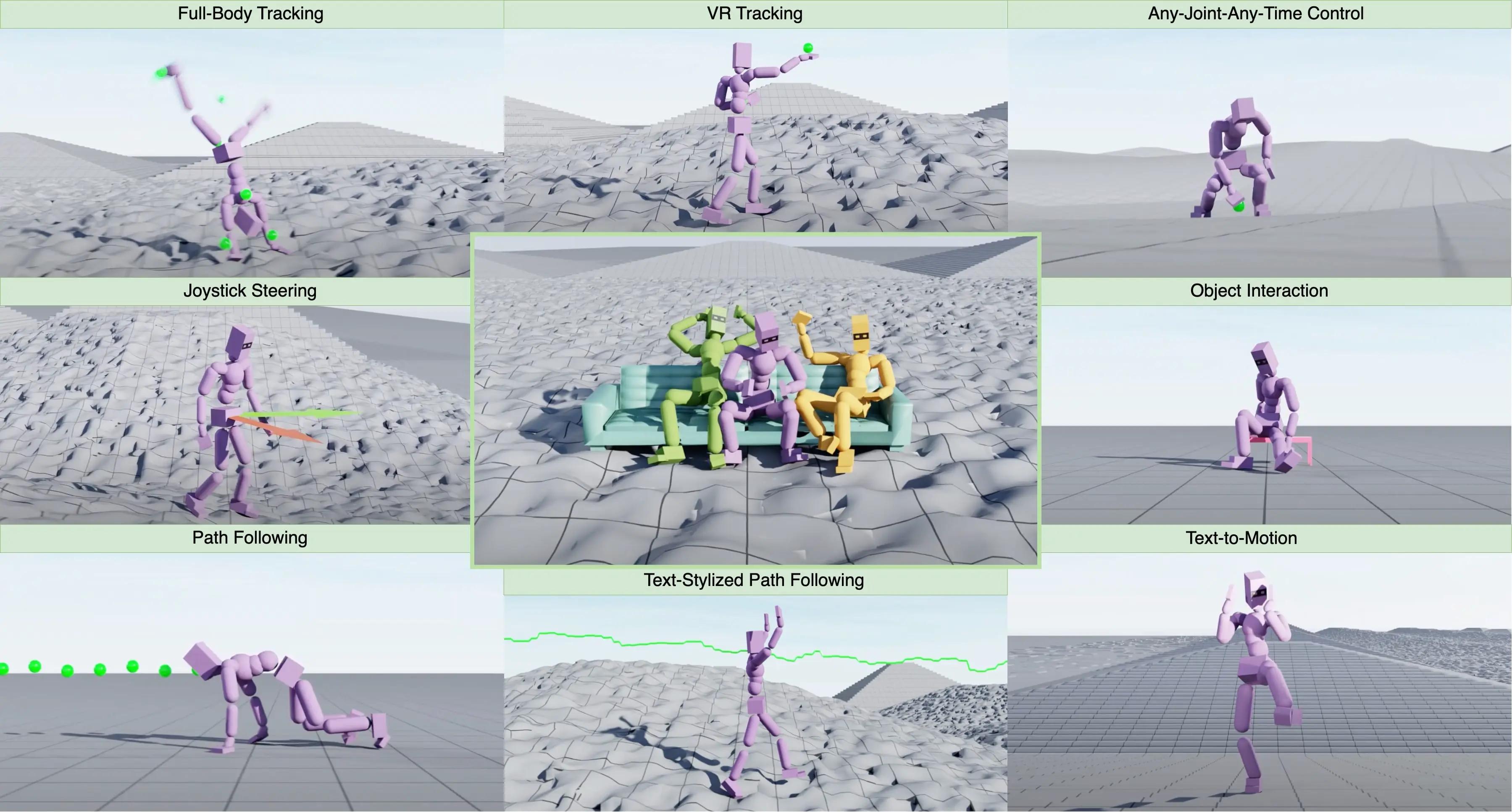January 22, 2024|3 min reading
Where AI from

Exploring the Origins of Artificial Intelligence
Artificial Intelligence (AI) is a technological revolution that has transformed how we live, work, and interact with the world around us. To understand AI as we know it today, let's delve into its roots and fascinating evolution.
Modest Beginnings
The idea of artificial intelligence dates back long before the modern era. In Greek mythology, stories of animated artificial creatures like Talos, the bronze colossus, can be found. However, it wasn't until the 20th century that the foundations of AI, as we conceive it today, started to take shape.
Alan Turing and Theoretical Foundations
Alan Turing, a pioneer in computing, laid the theoretical foundations of AI in the 1930s. His work on the Turing machine paved the way for understanding the limits of computation and the possibilities of a machine.
The Symbolic AI Years
In the 1950s and 1960s, AI experienced a major surge with the symbolic approach. Researchers attempted to model human intelligence using symbolic rules and explicit knowledge. The Lisp language became popular for developing these systems.
Initial Optimism and Disappointment
However, despite advancements, this early phase of AI was followed by a period of disappointment in the 1970s and 1980s. Challenges in knowledge representation and logical reasoning revealed the limitations of the symbolic approach.
The Emergence of Neural Networks
The 1980s witnessed the rise of machine learning and neural networks. Inspired by the functioning of the brain, these networks allowed machines to learn from data rather than follow programmed rules.
Rapid Progress in the 21st Century
Over the last few decades, AI has seen a spectacular acceleration. Deep learning algorithms, supported by increasing computational power and massive datasets, have propelled AI into new frontiers, from image recognition to automatic translation.
Where Are We Today?
Today, AI is omnipresent in our daily lives. From virtual assistants to recommendation systems, it shapes our digital experience. However, ethical and societal questions are emerging, from privacy concerns to the impact on employment.
Challenges and Promises
The future of AI holds exciting challenges. How do we balance innovation with privacy protection? How do we ensure ethical use of AI? These questions require thoughtful consideration and global collaboration.
Conclusion
The history of AI is a captivating saga of visionary ideas, overcome challenges, and promises for the future. As we celebrate current advancements, let's remain aware of the ethical and societal implications accompanying this technological revolution. AI, though born from the human mind, demands ethical commitment and a focus on a better future.
Explore more

NVIDIA's MaskedMimic: Revolutionizing Physics-Based Character Control
Discover NVIDIA's revolutionary MaskedMimic system for physics-based character control, enabling seamless full-body moti...

Black Forest Labs Launches API for Faster Image Generation with Flux1.1 Pro Model
Black Forest Labs unveils its Flux image generator API, providing developers fast, high-quality image generation options...

Key Points from Apple’s AI Integrations Announced at WWDC 2024
Discover the groundbreaking AI integrations in Apple devices unveiled at WWDC 2024, featuring Apple intelligence, genera...
